2018-10-13
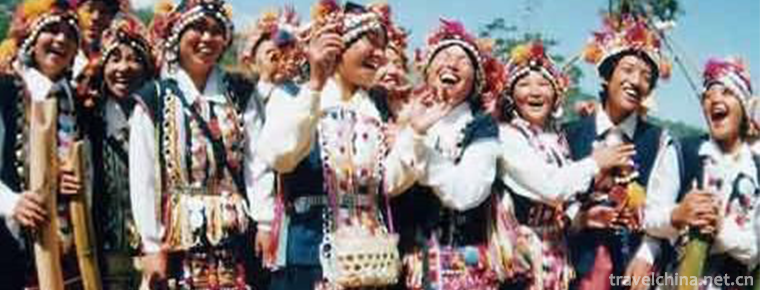
- By ChinaWiki.net
- Chinese Edition
- 2019-05-02
Multi voice Folk Songs of Hani Nationality
Hani multi-voice folk songs are popular in several Hani villages in the eastern part of Azahe Township, Honghe County, with Puchun Village as the center. Their natural environment is closed and traffic is inconvenient. Historically, they have been the jurisdiction of the chief slag officer. The single ethnic distribution pattern and the political and historical background of the Tusi regime's long-term rule have prevented the foreign heterogeneous cultures from penetrating into the Puchun area, so that the original ecological traditional cultures such as Hani multi-voice music can be systematically preserved. This folk song is generally divided into two types: instrumental accompaniment and non-instrumental accompaniment. The singing content is based on the original "Yangyang Mountain Song", while the other "Orchid Tower" and "Love Song" are attached. Compared with other Hani folk songs, the multi-voice folk songs have both generality and individuality.
On May 20, 2006, Hani multi-voice folk songs were listed in the first batch of national intangible cultural heritage list with the approval of the State Council.
historical origin
Hani multi-voice folk songs are popular in several Hani villages in the eastern part of Azahe Township, Honghe County, with Puchun Village as the center. Their natural environment is closed and traffic is inconvenient. Historically, they have been the jurisdiction of the chief slag officer.
artistic characteristics
The multi-voice folk songs of the Hani nationality include the praise of labor, love and the beautiful scenery of the countryside. The way of singing can be divided into two types: instrumental accompaniment and vocal assistant tune without instrumental accompaniment. Hani multi-voice folk song singing occasions are diverse, terraces, mountains and villages can be its performance space. The accompaniment instruments are all made by folk singers themselves, and the three strings and the small erhu are only used in Puchun Village. The Lyric structure of multi-voice folk songs of Hani nationality consists of three parts: opening words, theme words and helping words. Its musical form shows distinct national and regional characteristics in terms of syllable structure, mode sequence, mode color, mode combination and multi-voice part composition.
Representative works
There are "My Place Az" (planting Yangshan Song) and "Love Song" and so on.
Inheritance value
The multi-voice folk songs of the Hani nationality embody the musical wisdom and talent of the Hani nationality, and show the unique singing talent of the Hani nationality. During the field investigation, experts have collected eight original forms of Hani multi-voice folk songs, which are extremely rare and of high historical, scientific and artistic value. Hani multi-voice folk song is the treasure of Chinese national music, which has attracted wide attention from the music circles at home and abroad. Hani multi-voice folk songs and social production, especially accompanied by terraced rice farming, are important materials for the study of Hani culture and its national character and aesthetic concept.
The multi-voice folk songs of Hani nationality are deeply hidden in the hinterland of Ailaoshan Mountains. Their inheritance is totally dependent on folk singers. Although it has attracted wide attention from experts in music and anthropology, they have not been protected systematically and systematically for a long time. The number of inheritors with comprehensive quality of multi-voice music is decreasing day by day. This valuable folk music form is on the verge of losing its inheritance.
The state attaches great importance to the protection of intangible cultural heritage. On May 20, 2006, Hani multi-voice folk songs were approved by the State Council and listed in the first batch of national intangible cultural heritage list.
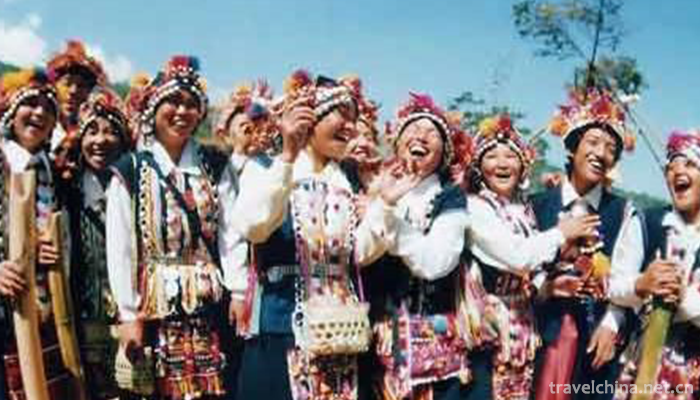
Ask a Question
Your email address will not be published.
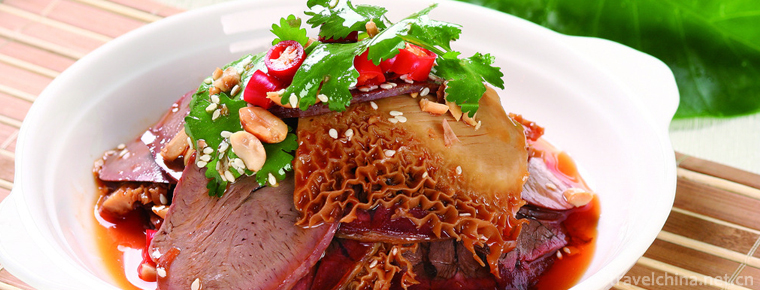
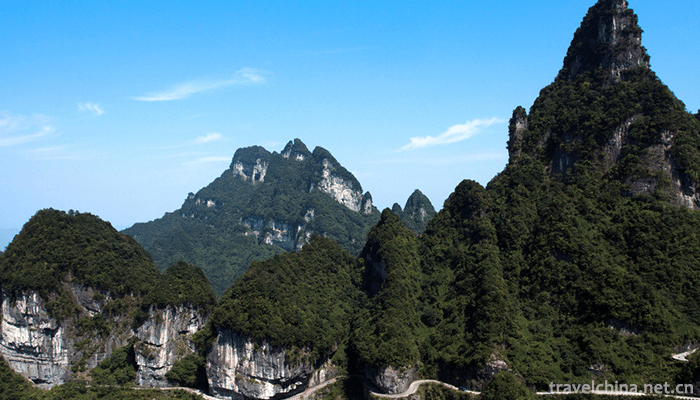
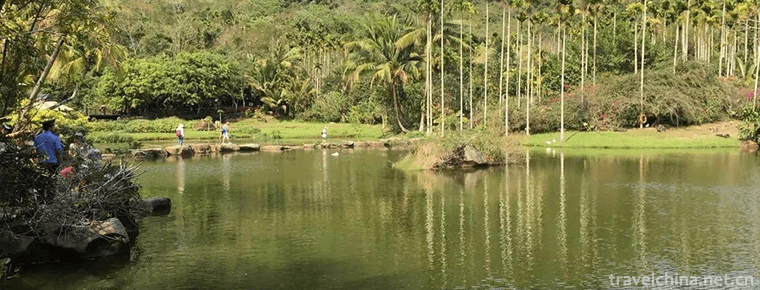
0 Questions